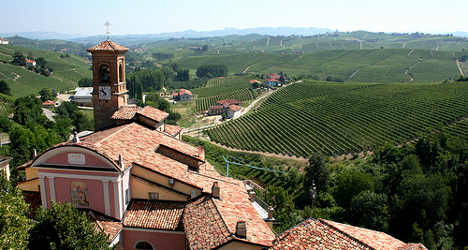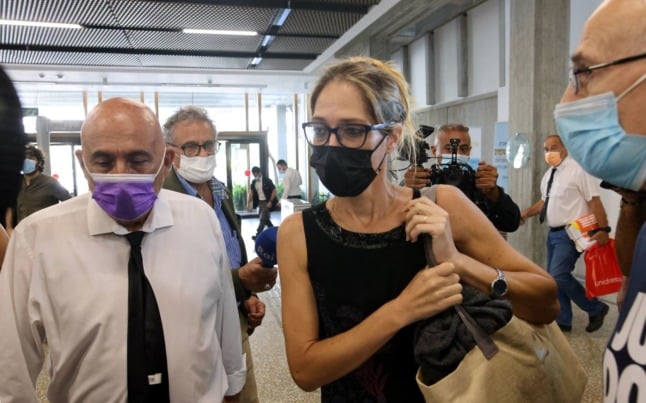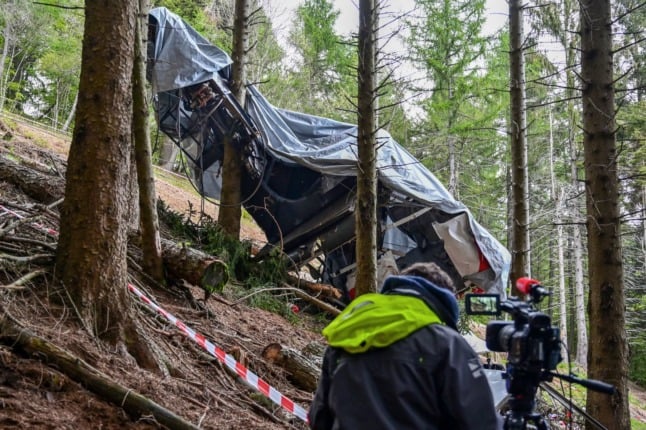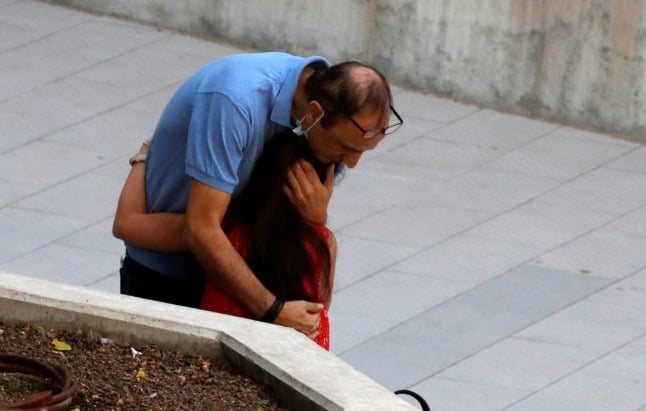Piedmont was closely followed by the central Emilia-Romagna region and Liguria, which borders Piedmont in the north.
Maurizio Maggi, from the Institute of Social and Economic Research of Piedmont, said that the region’s success was down to its broader political and social development.
“In Piedmont, there is high political participation and a high number of elected women. These factors, evidently, have an impact on people’s attitude to foreigners,” he told La Stampa.
Lombardy, home to Milan, came 11th while Rome’s Lazio region was 14th in the ranking.
Calabria, in the south, was the worst of all 20 regions for integration while its southern neighbour, Puglia, described as having a "low level of integration", also fared badly.
The research, conducted by the National Council of Economy and Labour (CNEL) and the Ministry of Labour and Social Policies, focused on three factors. Firstly, researchers looked at the attractiveness of the region, including stability indicators and birth rate. Immigrants’ position in the labour market was also a key factor, while researchers also looked at social factors including language learning and gaining citizenship.
Gaining citizenship is an issue of fierce debate in Italy, with Integration Minister Cecile Kyenge pushing for reforms to allow children of immigrants to become Italian. The move is strongly opposed by anti-immigrant parties, such as the Northern League.





 Please whitelist us to continue reading.
Please whitelist us to continue reading.
Member comments